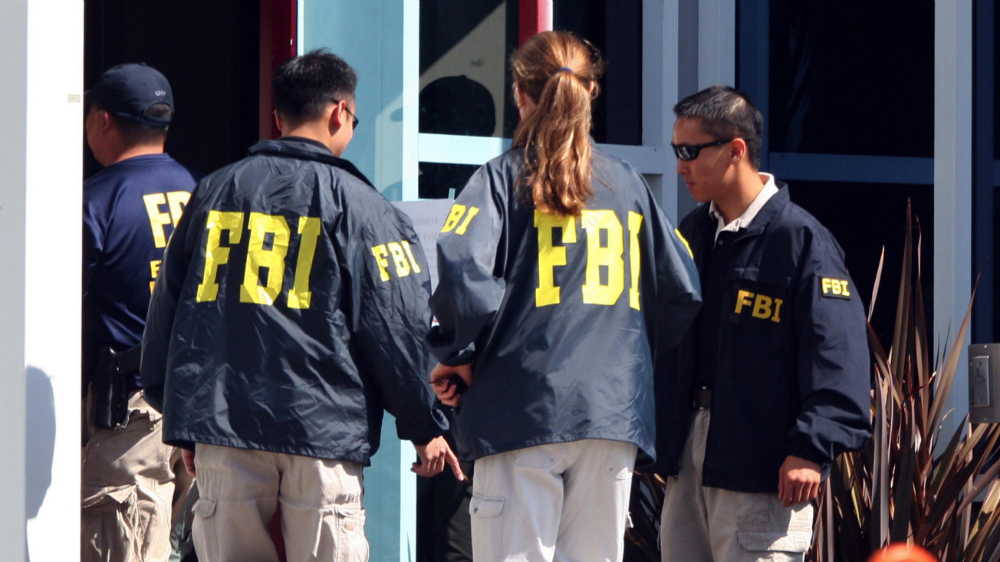The FBI is worried that stronger encryption from tech companies like Apple is making it more difficult for law enforcement agencies to effectively keep tabs on terrorists. As a result, some in the FBI believe that we are sacrificing safety at the altar of privacy.
DON’T MISS: ‘Moron’ terrorist takes a selfie in front of ISIS headquarters, Air Force bombs it 22 hours later
While speaking at a Congressional hearing earlier this week, Michael Steinbach, who currently serves as the assistant director of the FBI’s counter-terrorism division, warned that terrorist groups like ISIS are increasingly able to move their communications to an encrypted “dark space” that law enforcement officials can’t tap into. This is problematic, Steinbach argued, because terrorist groups can now discuss plans for future attacks without fear of counter-terrorism officials being able to eavesdrop on their plans.
Calling the situation “troubling,” Steinbach said that strongly encrypted communications affords terrorists “a free zone by which to recruit, radicalize, plot and plan.”
Though Steinbach didn’t call out any company by name, Apple in particular has made strong encryption a priority, prompting Steinbach to state that it’s challenging for the FBI to work with tech companies who are singularly focused on building impeneterable encryption.
The Washington Post adds:
Tech companies — most notably Apple with its iPhone — have expanded how they protect users with encryption, in some cases automatically rolling out a more robust form of encryption called end-to-end. End-to-end protections mean that only the sender and the recipient can unlock communications — so tech companies can’t provide access to law enforcement even if served with a legitimate court order.
From Steinbach’s perspective, the debate boils down to user privacy versus public safety. Which is to say, Steinbach expressed concern that we are valuing privacy at the expense of safety.
“Privacy, above all other things, including safety and freedom from terrorism, is not where we want to go,” Steinbach argued.




